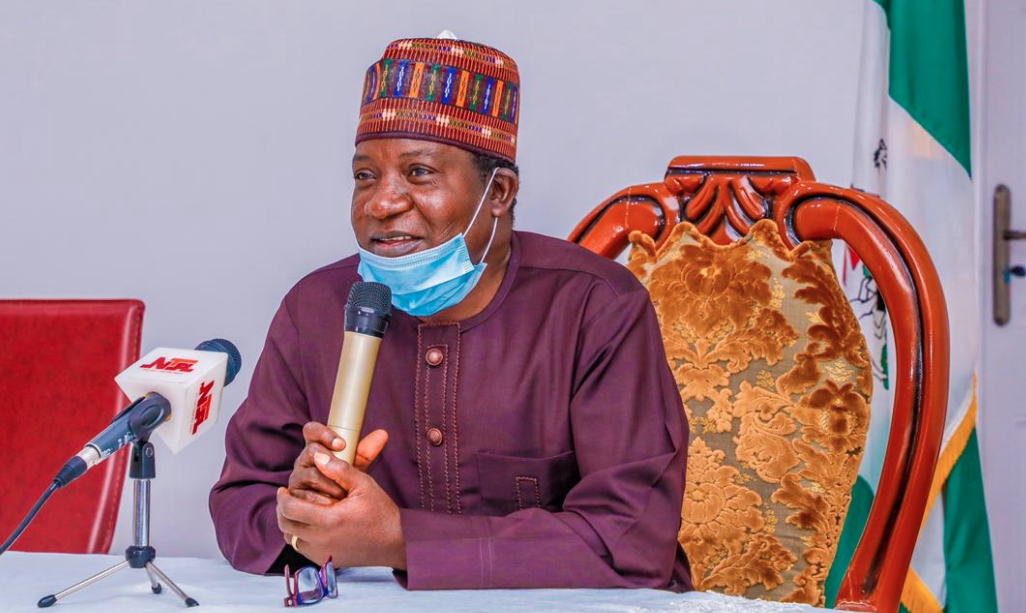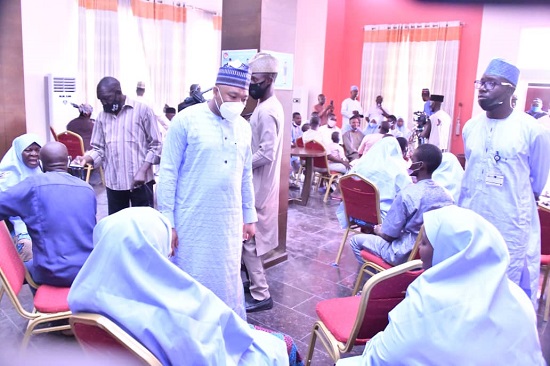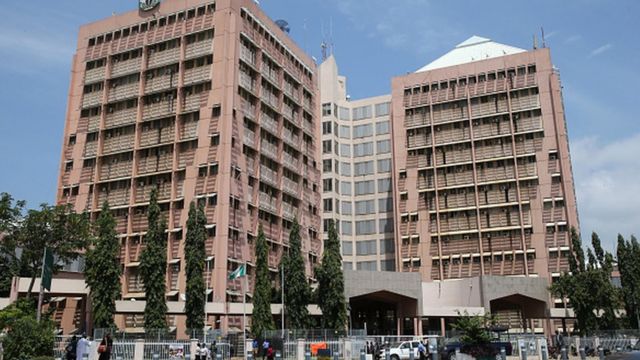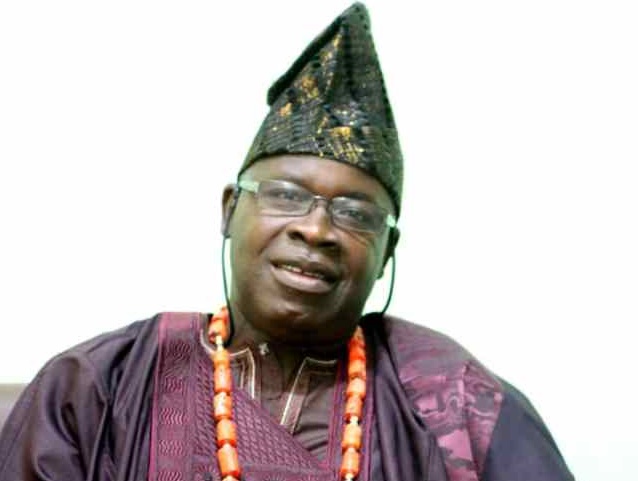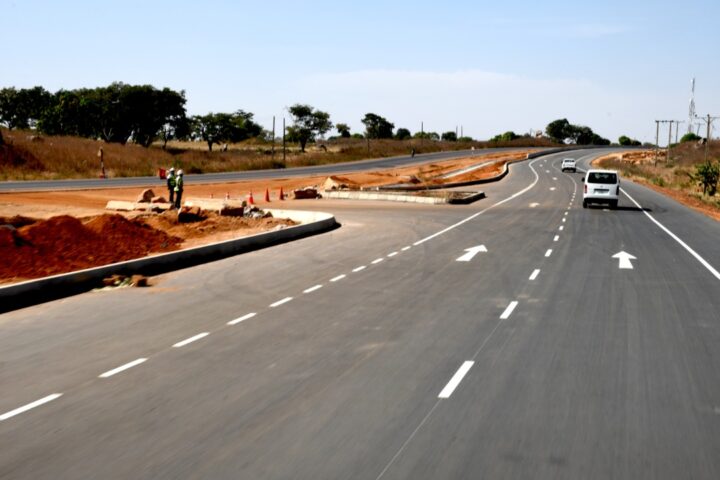Simon Lalong, governor of Plateau state, says the country would not be having farmer-herder crisis if the National Livestock Transformation Plan (NLTP) was well implemented.
The governor said this on Tuesday on the Sunrise Daily programme of Channels Television.
NLTP was proposed by Audu Ogbeh, former minister of agriculture, in 2018 and was adopted by the National Economic Council (NEC) headed by Vice-President Yemi Osinbajo.
The plan was to run for a period of 10 years — between 2019 and 2028.
Advertisement
It is a voluntary plan that allows state governments to implement whichever aspect they feel comfortable with.
Speaking on Monday, Lalong said some states rejected the plan on the grounds that they do not have the land for it.
He said if the plan was well implemented, the country would not be facing the current farmer-herder crisis.
Advertisement
“When we came and we realised that what was really very prevalent was the Boko Haram issue and farmers-herdsmen issue, the national livestock plan was introduced. But when we got to the period of implementation, there were a lot of problems here and there, even from some regions of the nation. Some who said they don’t want the national livestock plan because they don’t have the land,” he said.
“At that time, if the policy had been well implemented, today we would not have been talking about farmers-herdsmen crisis because that policy was well drafted.”
The governor said some people do not care about reading the plan because they believe it is for a particular ethnic group.
“Now people don’t even care about reading it. By the time ranching and grazing is mentioned, people believe it belongs to a particular ethnic group. So we don’t even want to read what is contained in the policy to even talk about accepting it to be implemented in our various states. Now you can see the menace everywhere,” he said.
Advertisement
“The policy is still there, why don’t we go back and address this issue because it was specifically not only about grazing. It was to assist the farmers-herdsmen crisis and also empowering the farmers and also empowering herdsmen to be kept in one place.”
Add a comment
